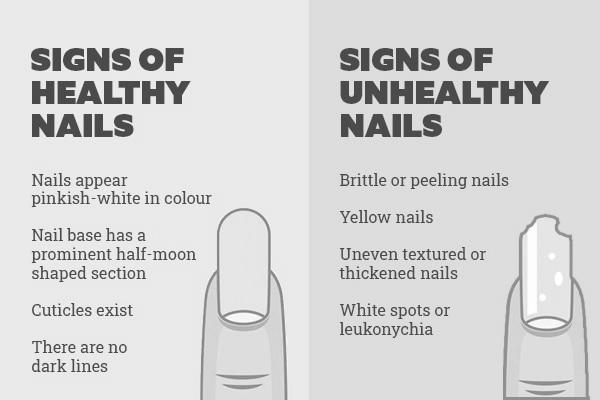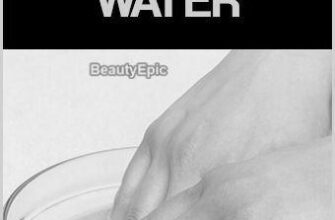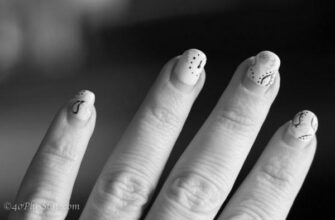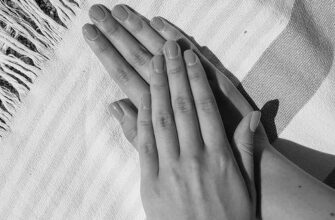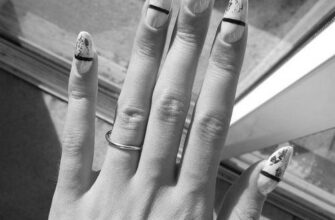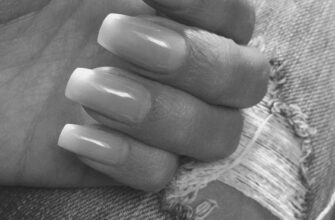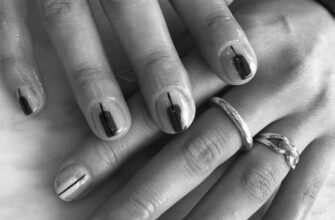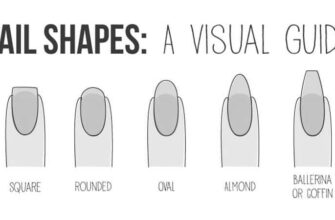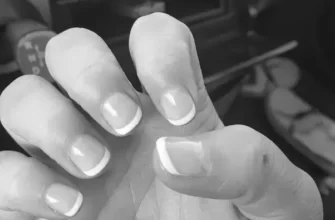- The Importance of Nail Care
- Sterilization in nail care
- Tools used in nail care
- Benefits of manicure-pedicure treatment
- Prevention of fungal infections
- Importance of maintaining healthy nails
- Does Nail Biting Cause Serious Problems?
- Can nail-biting cause serious problems?
- If so, what are they?
- If you need medical attention if you get an infection or a gap in your teeth due to it?
The Importance of Nail Care
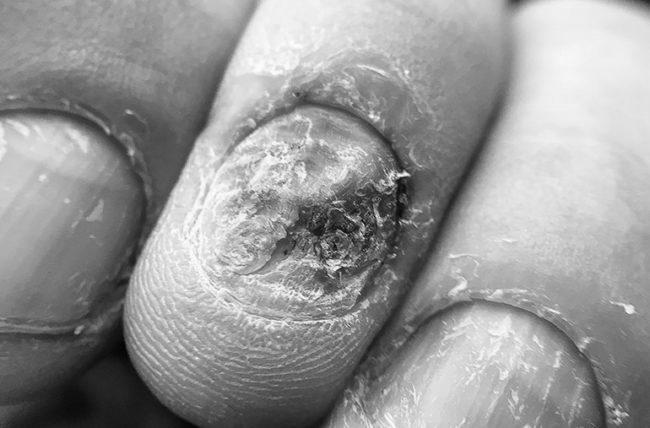
How does nail care benefit our health? Clean nails help prevent fungal infections and keep our bodies free of germs. Millions of germs and bacteria live in the human body, but some are good for your immune system. Removing harmful germs from around your nails can prevent colds and flu. Also, without proper hand hygiene, it is easy to develop fungal and bacterial infections of the nail. Those who practice good hand hygiene can better fight against these severe conditions.
Sterilization in nail care
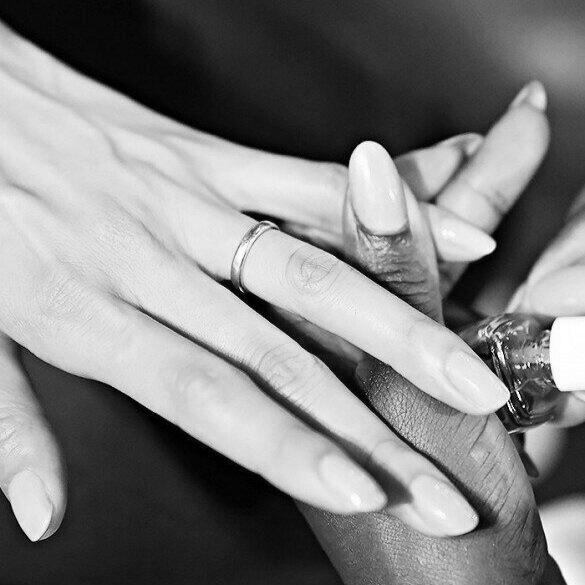
Sterilization is essential for nail care because it can minimize the transmission risks of infectious diseases. There are different types of sterilization, which differ in their price and size. A ball quartz sterilizer is a common choice for a professional beauty salon. This sterilizer works by heating instruments to high temperatures to kill bacteria and fungi. It is also recommended to wash all tools thoroughly in hot water before sterilizing them.
Sterilization in nail care is also essential for the tools used in manicure and pedicure services. A professional nail salon will always use sanitized tools. It is a quick and straightforward process, but it is necessary to avoid the risk of spreading infections and fungus by using unclean tools. A professional salon will even sterilize new instruments. It is essential for the safety of both clients and nail technicians.
Manicure tools, including files, need to be cleaned before being sterilized. They should be placed in unique bags or containers that contain a hermetically-sealed seal. Many products now come with a transparent window or indicator so that customers can determine the sterilization status before purchasing. The purpose of this step is to prevent the spread of infections and bacteria that can affect clients’ health. Sterilization in nail care is essential for a clean and healthy environment.
A base coat is an organic substance that smoothes the nail plate before colored polish is applied. A disinfectant is applied to the colored polish to make it dry faster. Another tool used is the emery board, a wooden stick with a coarse and delicate texture. Besides these tools, a nail care kit should contain first-aid supplies, such as a disinfectant or alcohol. Cuticle oil contains lanolin and a petroleum base to soften the skin around the nails.
Tools used in nail care
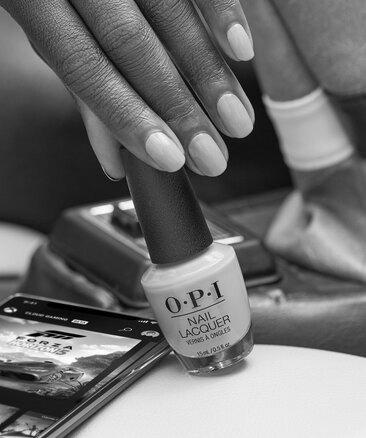
Nail files are tools used for smoothing and shaping the edges of the nails. There are two types of nail files, emery boards, and plain metal ones. Emery boards are gentler than metal files. To avoid splitting the nail, you should always hold the file at an angle and file in one direction. Foot Blush is an excellent option to make your feet feel soft. It contains alpha hydroxyl acid from fruit and peppermint.
Other uses for the orange stick include cleaning dirt and stubborn stains under the nail and straightening bent toes. It’s essential to use the right nail brush to help you maintain a clean, neat appearance. If you have a nail brush, you’ll need less nail polish.
Make sure to store your cuticle trimmer properly and with hand cream. This way, it won’t get damaged while you’re working. A cuticle nipper should be stored in a dry place. There’s also a sanitizing liquid to clean the nipper.
For your manicure, some essential tools are callous removers, cuticle pushers, and finger bowls. Callous removers can be purchased at any local nail salon. Nail clippers and cuticle nippers help trim or loosen cuticles. Also, you can find nail scissors to remove stubborn cuticles. Some nail tools also help remove old polish, so stock up on them!
Benefits of manicure-pedicure treatment
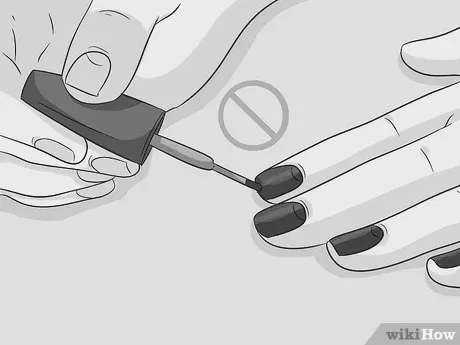
They should be performed all year round because sudden temperature changes can cause rough skin on your heels. Dry, warm air from heating systems can lead to cracks on your heels. Failure to moisturize your heels can lead to painful sores.
A manicure and pedicure treatment by a professional includes careful cleaning and the use of lotions that exfoliate the skin. In addition to staples, pedicures remove ugly calluses on your feet and lower legs. They also help distribute your weight evenly across your feet and decrease the pain you get from walking too much.
And, as a bonus, they will make you feel more confident! So, make sure to schedule a manicure and pedicure today. You’ll be glad you did!
Another advantage of a manicure and pedicure is that it increases circulation. This will help reduce swelling, numbness, and pain, which are all common symptoms of poor circulation. Furthermore, it will increase your blood circulation, making your feet and hands more mobile and comfortable. In addition, massage will improve circulation throughout your body and help relieve pain and swelling. It will also help you stay relaxed and relieve stress.
Prevention of fungal infections
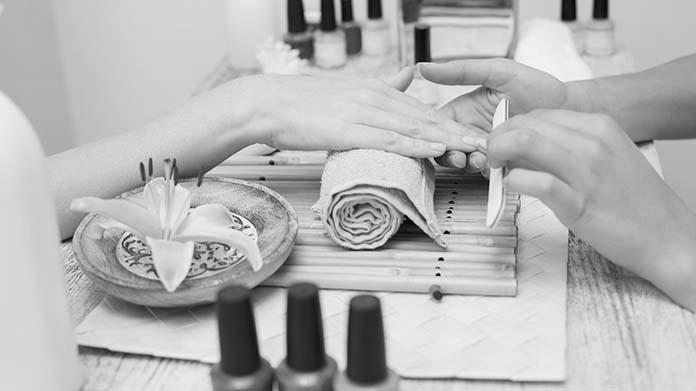
Preventing fungal infections with nail care is essential if you are prone to them. You can avoid infections by following some simple tips. Wear socks made of material that wicks away sweat. Acrylic works better than cotton at carrying moisture. Avoid wearing shoes that press against your nails or are tightly closed. You should also wear shower shoes when you are in public places. Finally, don’t share nail care products with others.
First and foremost, you should wash your feet regularly. Avoid sharing towels with people, as they can spread the fungus. Also, make sure that you dry your feet after bathing and use a foot moisturizer afterward. The best way to prevent fungal infections is to avoid them before they happen. Remember, the sooner you catch them, the better. And if you’re already infected, visit your dermatologist for proper treatment.
You should seek medical help if you think you have a fungal infection. Your doctor will examine your nails and send a sample to a lab. The lab will identify if the disease is a fungus or not. In some cases, you may also have other conditions that mimic a fungal infection of the nail. In these cases, your doctor will recommend the best treatment for you. You can even visit a specialist for treatment if you’re not sure if you have a fungal infection.
You may be able to get an infection by visiting a doctor. A dermatologist may be able to diagnose fungus through various tests. For example, if your nail is stained, it might signify an underlying illness. If it looks damaged, it could mean a bacterial infection. In either case, a dermatologist should get a sample of the nail so that they can perform a proper diagnosis.
Importance of maintaining healthy nails
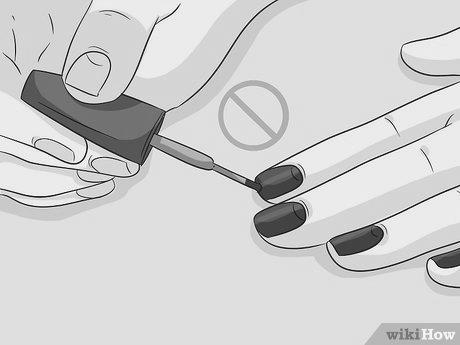
Maintaining healthy nails is crucial for our overall well-being. Fingernails are composed of keratin, which is a type of protein. A healthy diet contains various nutrients that will help maintain nail strength and beauty. Some of these nutrients are found in fish oil, biotin, and Vitamin E. A balanced diet will also provide our bodies with sufficient protein to support our nails. We can have more robust, more transparent, and healthier nails by following these tips.
It is also essential to keep your nails clean. Changing nail color or texture can indicate specific problems, such as liver disease, heart disease, or vitamin deficiencies. Improperly-maintained nails can also indicate severe conditions, including infections and other diseases. However, it is essential to note that healthy nails are smooth and consistent color. You should also keep your nails short and clean to prevent the accumulation of dirt and germs.
Besides applying hand lotion every day, it is also important to moisturize your hands and nails. Moisture penetrates deep into the nail bed, which is the start of the growth of your nail. A healthy pin goes hand-in-hand with a healthy cuticle. Always keep your cuticles moisturized – use vitamin E or petroleum jelly. Avoid cutting your cuticles. This will only invite bacteria to grow inside the nail bed.
Besides the obvious aesthetic benefits of clean nails, nail health is also essential for our general well-being. The condition of your nails often indicates the state of your overall health. Seeing changes in your nails can indicate heart or liver problems, diabetes, and anemia. Nail problems are common as we age, and nail-related issues account for 10 percent of all dermatologic conditions. That is why it is so important to take care of your nails daily.
Does Nail Biting Cause Serious Problems?
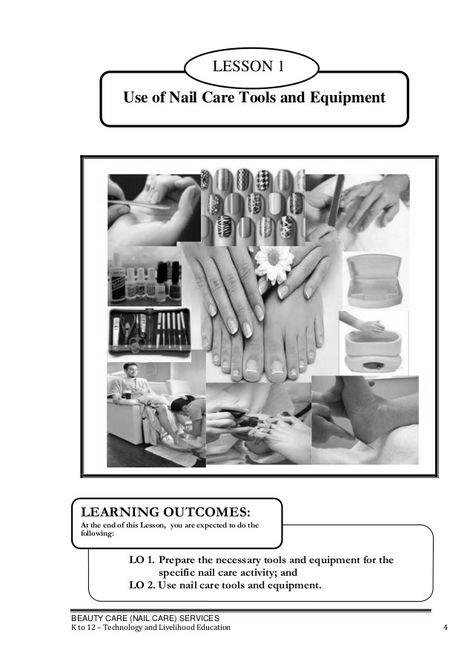
You may have wondered: Does nail-biting cause any severe problems? If so, what are they? And if you get an infection or develop a gap in your teeth as a result, should you seek medical help? The answer to these questions depends on the type of problem you have. Cognitive-behavioral therapy or decoupling strategies may help you quit if it is psychological. If you’re experiencing changes in your nails, it may indicate a medical issue.
Can nail-biting cause serious problems?
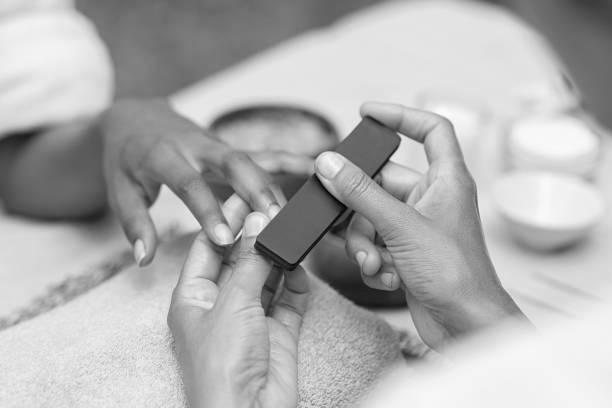
The habit of chewing your fingernails may seem harmless to you, but it is not. According to a study review, up to 20 percent of American children and adolescents habitually bite their fingernails without any other apparent problems. Despite its harmlessness, the habit puts you at risk for several illnesses. In this article, we will explain the risks associated with this habit. Let’s look at the leading causes of nail-biting and some of the consequences of this behavior.
The most apparent effect of nail-biting is that your nails can harbor germs. In particular, the Enterobacteriaceae family (E. coli and salmonella) may grow on your fingernails and infect your oral cavity. This habit may lead to headaches, facial pain, and tooth sensitivity if you are prone to bruxism. And because your fingernails contain bacteria, it may also cause you to have bad breath.
Some people with this habit may be at risk of developing obsessive-compulsive disorder (OCD). In such cases, cognitive behavioral therapy is a good option. In addition to behavioral therapy, doctors may prescribe medications to treat nail-biting disorders. A therapist can also help you manage your emotional issues that may be affecting your ability to stop nail-biting. However, a therapist will be able to give you the best treatment options for your specific case.
Apart from painful infections, habitual nail biters can also get conditions. A common disease caused by nail-biting is called paronychia. It can last for weeks and lead to swelling, redness, and pain. In the worst-case scenario, it may even lead to facial warts. And the last thing you want is to have a surgical procedure to get rid of these painful and unsightly complications.
Another concern associated with nail-biting is the possibility of developing warts around your fingernails. The infection is caused by the HPV virus and enters your body through nail-biting cuts. Warts may spread to your lips and face when you touch a wart-ridden person. Besides warts, nail-biting can also cause ingrown nails and may require surgery to remove the infected nail.
While habitual nail-biting doesn’t cause any immediate health problems, it can lead to severe infections of the nail bed and even cause the nails to grow back abnormally. If you’re wondering how to stop your nail-biting habits, try to identify your triggers and take appropriate steps to prevent them. You may try wearing gloves, applying bitter nail polish, and even trimming your fingernails short.
Apart from causing pain, nail-biting can result in dental complications, including tooth damage. Your nails can become unattractive, but they can also cause tooth damage and bruxism. When you have a bruxism problem, you may also suffer headaches and jaw pain. The condition is highly contagious, so you should see a dentist as soon as possible.
If so, what are they?
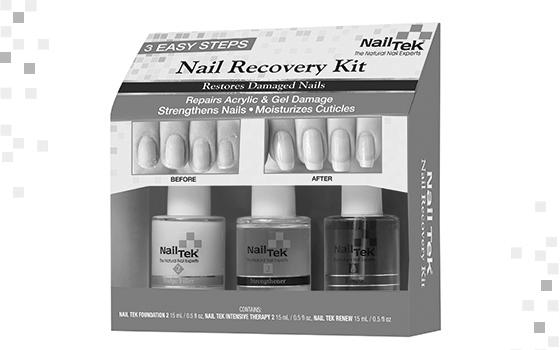
According to statistics, twenty to thirty percent of Americans chew their fingernails compulsively or unconsciously. Prevention and wellness expert Sandra Darling discusses the possible medical complications of nail-biting. Although nail-biting is an uncommon disorder, it can be severe, and if it becomes habitual, the consequences can be painful.
While the occasional nibbling on a fingernail is not a medical emergency, regular nail-biting can cause infections inside the body. Bacteria, fungus, yeast, and other germs are collected in the fingernail and spread throughout the body. This can cause cold, flu, gastrointestinal illnesses, and wart virus. Another serious issue with frequent nail-biting is that it can damage braces and cause root resorption, which destroys the tooth’s structure.
In addition to the infections caused by biting the nails, it can also cause the formation of painful and pus-filled lumps in the mouth. Such conditions are prone to forming because the bite often reaches the sensitive skin at the nail’s root. In severe cases, people may develop an ingrown nail. If not treated, these can lead to infection and even require surgery. If the problem is not treated immediately, it can lead to a chronic condition known as paronychia.
If nail biting is a persistent problem, it might signify an underlying emotional or psychological condition. If your problem is more serious, consider seeing a dermatologist or psychologist. In the meantime, you can treat the nail-biting behavior by gradually changing your habits. There are many ways to stop nail-biting, and it is not too late to start! You can start by limiting your nail-biting behavior by practicing healthy self-care and getting a professional opinion.
If nail biting causes serious problems, what can be done to stop it? Although this habit may seem harmless at first, it can lead to many other issues, including infection, trauma, and death. It is important to note that there is no single treatment for this disorder. Treatment should focus on the physical causes of nail-biting and the emotional and social factors that contribute to it. If you or your child are guilty of nail-biting, you may benefit from professional treatment.
If your habit isn’t treated correctly, it can become chronic. This habit often occurs in childhood and may be a symptom of a mental health problem, such as obsessive-compulsive disorder. Usually, it can be cured using benign methods, but if you find it hard to quit, treatment may require a combination of approaches. For instance, you may have to seek therapy to help you identify the causes and triggers of your nail-biting habits.
If you need medical attention if you get an infection or a gap in your teeth due to it?
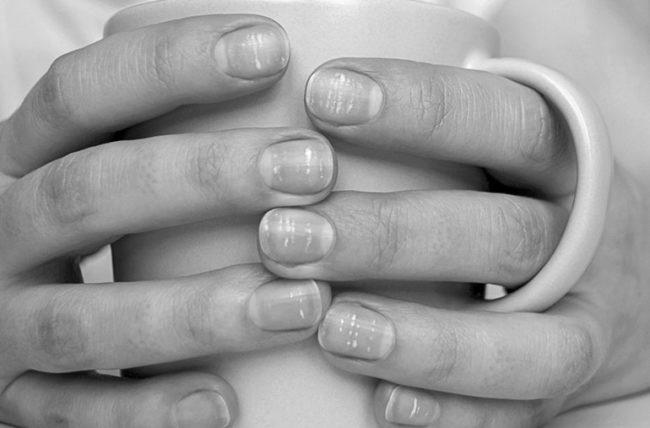
If you are a young adult and have begun to bite your nails, you might be experiencing Tooth and Nail Syndrome (TNS), a genetic disorder that affects the growth of your teeth. Teeth that are not fully formed will not be visible, making them susceptible to infection. The condition is also associated with gaps between teeth and bad breath. While TNS is not life-threatening, it is highly recommended that you visit a dentist as soon as possible if you start experiencing symptoms of this condition.
If you bite your nails frequently, you may experience severe tooth pain, which could require dental work. In more severe cases, nail-biting can lead to Temporomandibular Joint Disorder (TMJ), which causes pain and sensitivity in the jaw. It can also lead to a gap in your teeth and even make it difficult to open your jaw.
Cracked teeth may cause tooth pain and can lead to severe damage. A serious cracked tooth may expose the tooth pulp and even cause gum bleeding. In extreme cases, a dentist may need to extract the tooth or perform root canal therapy to save the tooth. A dentist may also place a dental crown to cover the tooth to prevent infection.
